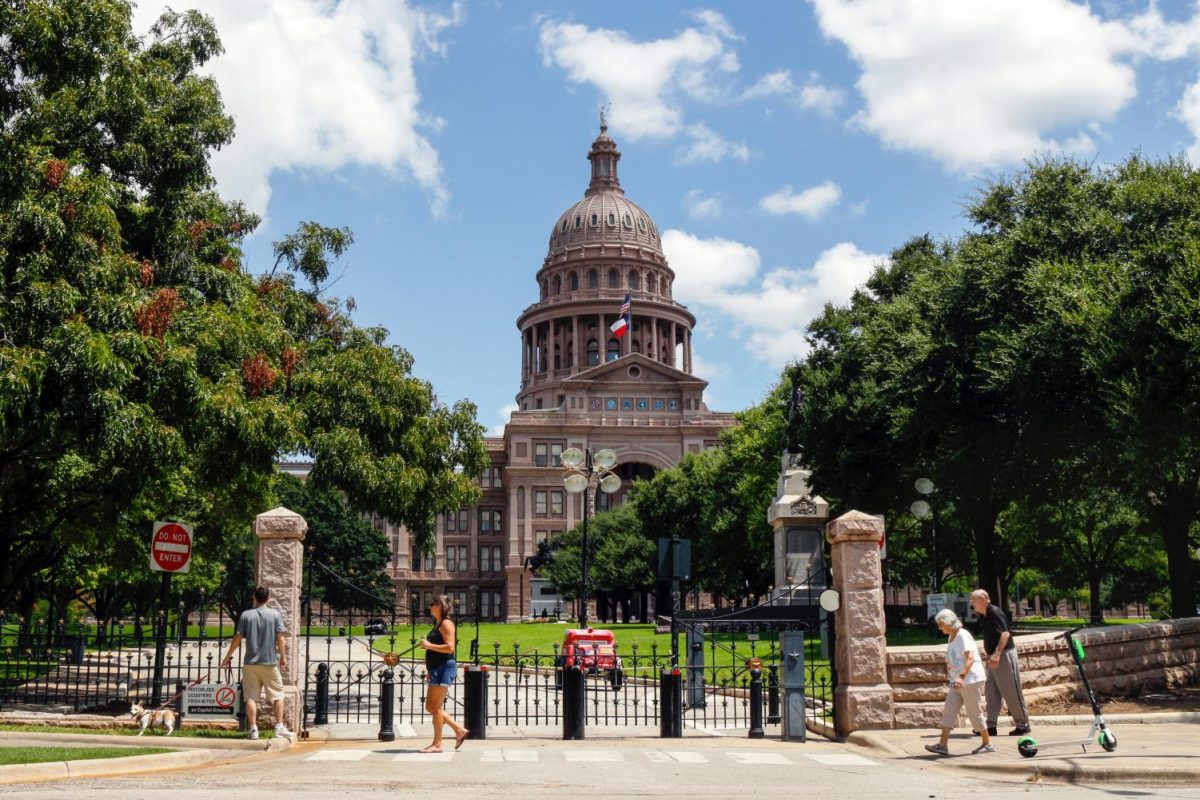Gov. Greg Abbott issued a proclamation to reconvene the Texas Legislature for another special session on Nov. 7, the fourth one since the end of the 88th Texas Legislative Session in May. The session began on Nov. 11 and is slated to end on Dec. 11.
Abbott’s proclamation for the session has two main focuses: education and border security. The action items include creating a new voucher program, school safety measures, stricter criminal charges for crossing the United States-Mexico border illegally and funding for border security, including border walls and more law enforcement officers.
Education
Senate Bill 1 would have created an education savings program, or vouchers, allocating Texas families access to $8,000 of taxpayer money to cover educational expenses for private school, such as tuition, uniforms and textbooks.
However, the House voted 84-63 last Friday to strip the voucher program out of its version of the education bill, House Bill 1, despite it being Abbott’s top priority during this special session.
Joshua Blank, research director of the Texas Politics Project, said those who oppose the measure claim the effort would have undermined local public schools.
“The opposition to vouchers in the House is made up of almost all of the Democratic representatives,” Blank said. “Then about a little bit more than two dozen Republican representatives, mostly from rural parts of the state, who have long opposed vouchers.”
Border Security
Senate Bill 3 is a border security funding bill providing $1.5 billion for law enforcement and border wall construction.
The bill, recently amended with an 84-59 vote on Nov. 14, would “provide funding for the construction, operation and maintenance of border barrier infrastructure and border security operations, including funding for additional overtime expenses and costs due to certain increased law enforcement presence,” as written in the bill’s caption.
Senate Bill 4 makes illegal entry into the U.S. a criminal offense. It would allow local law enforcement officers to arrest people illegally entering the U.S.-Mexico border.
However, with both bills approved by both chambers, they remain on track to be signed into law during the remainder of the session. The bill, however, continues to raise concerns of unconstitutionality and anti-immigrant sentiment from the public.
“We’d have to look at different parts of the state … There were disagreements regarding and concerns that people brought up in the debate (about SB 3 and SB 4) regarding racial profiling, regarding workforce,” said Sherri Greenberg, assistant dean for state and local government engagement in the Lyndon B. Johnson School of Public Affairs.
Both measures are part of Abbott’s continuing border security effort, Operation Lone Star.
How can students become involved?
Blank and Greenberg encourage students to remain up-to-date with the legislative session and use resources online to follow bills they agree and disagree with.
“There are academic institutions (and) nonprofits who specialize in these areas, but it’s important to go to the sources on all sides that have facts and data and not rely on social media or other resources that may not be fact-based,” said Greenberg, a professor in the LBJ School of Public Affairs and Steve Hicks School of Social Work. “It’s important for students to learn about their state government and to read about (it). There are so many resources online … that are just at students’ fingertips.”















